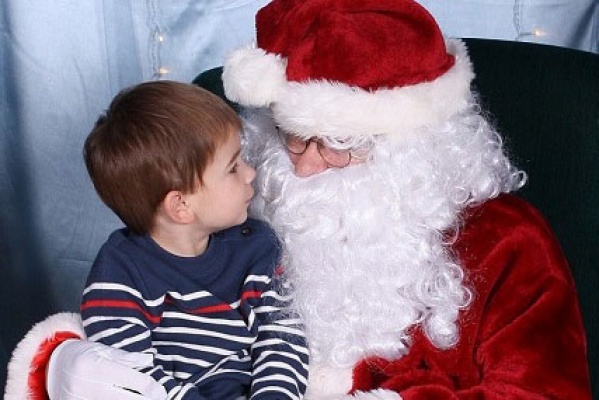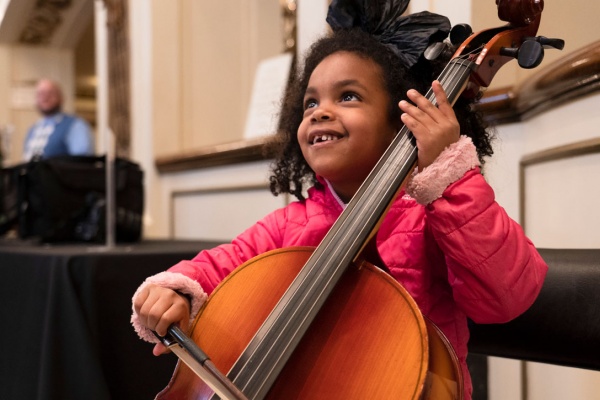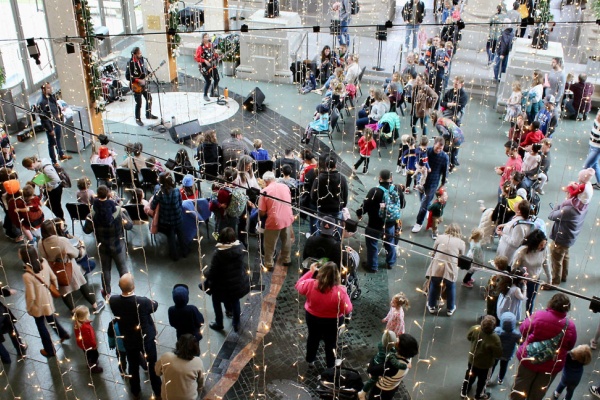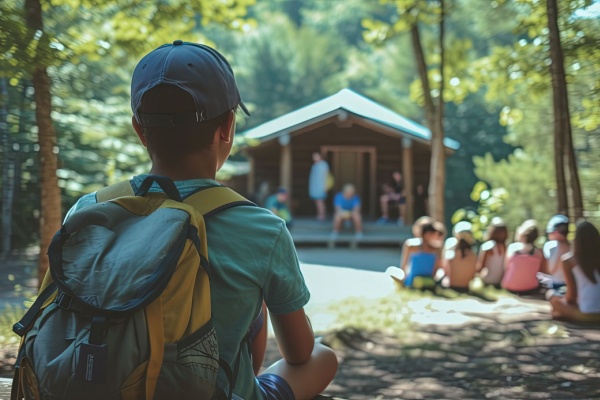
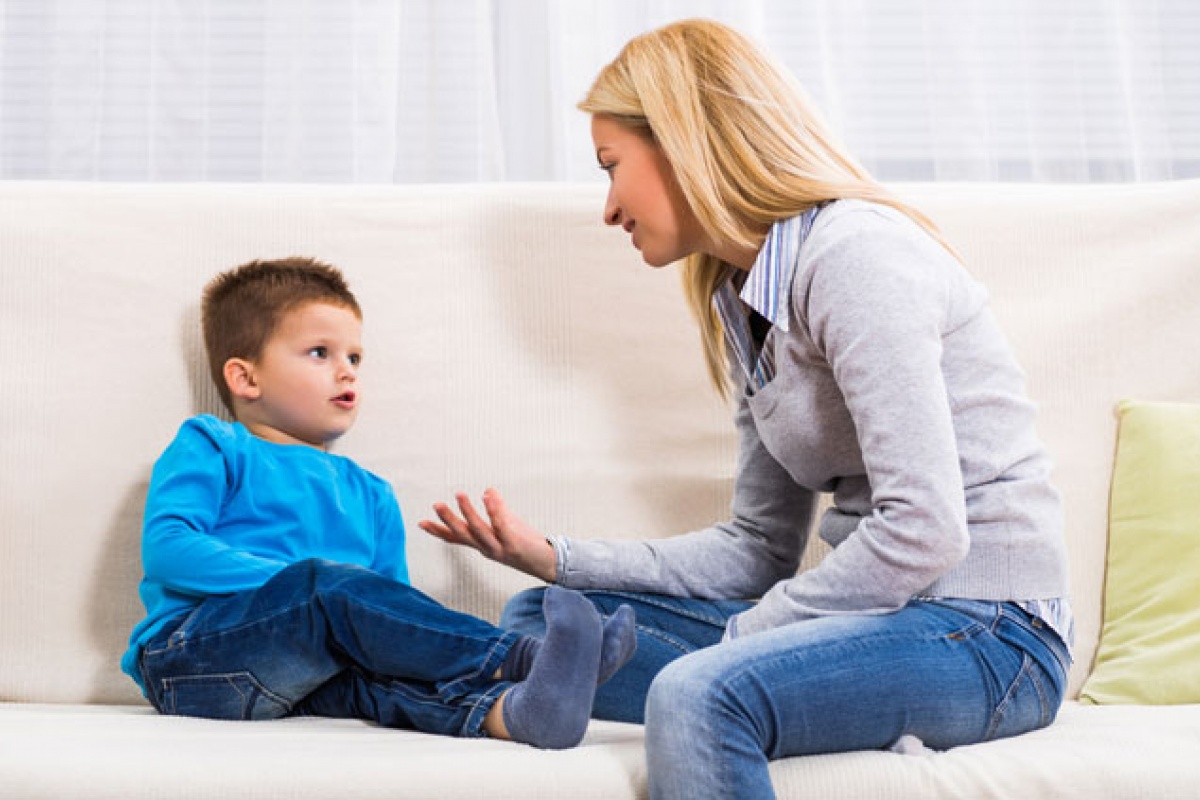
Talking to Kids About Disabilities
“Why do you talk like that?” I heard the question come from behind me as I helped another child in the Sunday school class.
“It’s just the way I am.” I heard my sister-in-law wisely answer the curious boy.
My sister-in-law, Kara, was born with Cerebral Palsy. She was helping me in the classroom that day when one of the kids noticed her speech is different. Kara has been taught to answer “It’s just the way I am.” after years of questions about her differences.
Our kids have grown up around their beloved Aunt Kara and accept her as she is but there came a time when each of them had asked about Kara’s disability and why it makes her different.
Chances are, at some point, your child will meet someone at school or in the community who has disabilities. It is normal for children to have questions about people who are different, which means parents should be prepared to answer their questions in an intelligent and appropriate way. Here are some tips to get the conversation started:
Everyone is different but the same
All of us have unique gifts, personalities, and challenges. No two people are the same and this is a great thing because diversity makes life interesting and fun. While we are all different, everyone has things in common too. All people, including people with disabilities, want to have friends, be shown respect, and have the desire to be accepted. Encourage your child to embrace the differences of others and find common ground, as well. If your child is interested in a popular television show, book, toy, or game; chances are a person with special needs is too. Ask them what they love to do, I would guess they will be happy to tell you.
Types of disabilities
Some disabilities are obvious and some are not. Some people may need a walker or wheelchair to help them move around. Others may have a cognitive (thinking) disability that is not as visible. Explain in simple terms that people struggle with different things and may need a little extra help from a physical tool (like a wheelchair) or help from others. People can have impairments with sight, hearing, walking, speech, cognitive, or a variety of other things. It is important to note that just because someone is in a wheelchair, it does not mean they have a cognitive disability. Also, disabilities are not contagious and children are not going to “catch” the disability. These things may sound obvious to adults, but children process things differently and many have these questions.
Name calling is never okay
Emphasize that people with disabilities have feelings too. Name calling is hurtful, disrespectful, and is a form of bullying. People with disabilities need others to stand up for them when they cannot stand up for themselves. Encourage your child to tell an adult if kids are teasing another child. Your child can be an example to others by being kind and respectful. Parents can set an example by using positive language and behavior towards others, as well.
A note about “rude” comments
Kids are curious and love to ask questions. Many times they will say exactly what is on their mind, without thinking about whether their comments will be hurtful. This can be very embarrassing to parents. So what do you do if your child blurts out a rude and embarrassing comment? Start by answering calmly and matter of factly. If, for example, your child says “Why is that boy in a wheelchair?” Simply answer, “He needs it to move around. Why don’t you say hello?” If the child is reluctant, say hello to him yourself along with something like “John likes trains. Do you like trains too?” If the person accompanying the child responds, follow their lead. It is always better to treat others as you would like to be treated than to hurry away in an embarrassing situation. Later, when you are at home, you can ask your child if they have any other questions about others with disabilities and reinforce the value of treating everyone equally.
My sister-in-law, now thirty-eight years old, has been asked many questions over the years, some rude and some just curious. She has learned to handle them well because she knows that, just like anyone else she has challenges to overcome and successes to celebrate. Kara loves watching movies, dancing to music, and taking care of animals. She loves eating candy, pizza, and tacos. She is fun to be around and loves to get out and explore new places. People with disabilities are just people. Sometimes that simple fact is all kids need to know.
Sarah Lyons and her husband, Justin, have been married for 20 years and have six children together.








